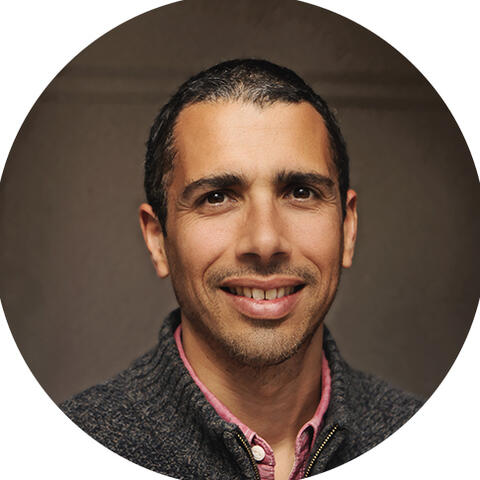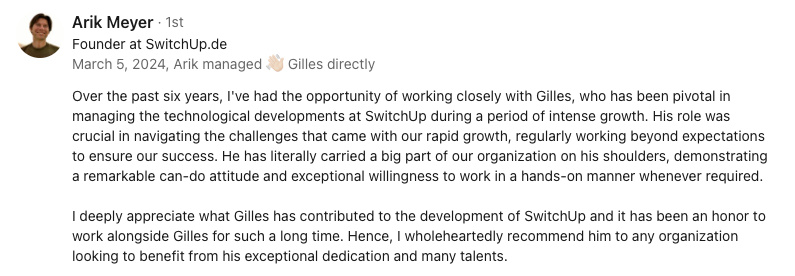Abstract:
Frugal innovation, initially developed in resource-limited areas like India, is becoming a vital strategy for tech startups globally, particularly in Europe, to grow sustainably and cost-effectively. This approach emphasizes creating impactful solutions with minimal resources, guided by principles of affordability, simplicity, and resource efficiency. European startups, such as Fairphone and the Raspberry Pi Foundation, exemplify the successful integration of frugal innovation by using modular designs and local resources to align with the continent's sustainability goals. Companies like Too Good To Go in Denmark and Desolenator use this method to tackle societal and environmental challenges, such as food waste and water scarcity, respectively. Leveraging local talent, universities, and tech hubs enhances innovation, while technologies like AI and open-source software reduce costs. Startups are encouraged to foster a culture of resourcefulness and collaboration, addressing market challenges like regulatory complexities and high labor costs to capitalize on growth opportunities in Europe's sustainability-focused market. Frugal innovation thus provides a pathway for startups to thrive by delivering efficient, impactful solutions with limited resources.
Frugal innovation is gaining attention as a smart way for tech startups to do more with less. Initially seen in places where resources are tight, this method is now helping businesses worldwide, especially in Europe, to grow sustainably and affordably.
Understanding Frugal Innovation
Frugal innovation is about creating cost-effective and efficient solutions, often starting in places with limited resources. It focuses on making a big impact without a big budget, which is crucial for startups today. In countries like India, where resources are scarce, this approach became necessary and has now spread globally. The idea is to maximize what you have and create valuable solutions without overspending. For tech startups, bootstrapping involves developing a minimal viable product (MVP) and iterating based on customer feedback, allowing for growth without significant initial investment.
Principles Guiding Frugal Innovation
These are key principles for tech startups:
- Affordability: Keep costs low to reach more people. Cutting unnecessary features can save money.
- Simplicity: Simple designs enhance user experience and functionality.
- Resource Efficiency: Use resources wisely to innovate even with limited inputs.
These strategies apply globally, offering growth opportunities beyond mere survival.
Adapting Frugal Innovation to Europe
European startups can benefit from frugal innovation by reducing complexity and costs. This aligns with Europe's focus on sustainability. Modular designs, like those used by Fairphone and Ecoligo, show how companies can cut costs and adapt to diverse needs effectively.
Cultural and Regional Nuances in Frugal Innovation
Aligning with European Values
Frugal innovation fits well with Europe's values of sustainability and efficiency. European startups often use local resources and simple technologies, reflecting a focus on reducing waste and environmental impact. This approach supports the continent’s sustainability goals.
Successful Implementation by European Startups
Examples like Fairphone in the Netherlands and the Raspberry Pi Foundation in the UK show how frugal innovation leads to impactful and sustainable solutions. These cases highlight how using limited resources creatively can drive success. Consider the challenge faced by Fairphone in sourcing ethical materials while keeping costs down, which they overcame by building strong supplier relationships and prioritizing transparency.
Regional Case Studies
Fairphone and the Raspberry Pi FoundationFairphone's modular smartphones are easy to repair, reducing waste and supporting sustainability. The Raspberry Pi Foundation makes computing affordable, promoting education. These examples inspire other startups to adopt resourceful, economically viable approaches.
Tackling Societal Challenges with Too Good To GoToo Good To Go in Denmark reduces food waste by connecting consumers with surplus food at lower prices. This shows how local resources and talent can drive innovative solutions to societal challenges.
Leveraging Local Talent and Resources
Startups can tap into local resources like universities and tech hubs for innovation support.
- Partnerships with Universities: Collaborate with academic institutions for access to research, facilities, and talent.
- Engagement with Tech Hubs: Utilize tech hubs for networking and resource sharing.
- Community Collaboration: Work with local businesses and organizations to access hidden resources and insights.
Innovative Use of Technology
Cutting-Edge Technologies
AI and open-source software help startups reduce costs and improve efficiency by automating processes and providing a foundation for affordable development. For instance, AI-driven customer service chatbots can reduce staffing costs, while open-source platforms like GitHub offer collaborative development opportunities.
Technology Solving Local Problems
Startups are using technology to address local issues efficiently. For example, solar-powered systems in the Netherlands and market apps in France show how technology can solve regional challenges with limited resources.
Case Studies in Technology Use
Desolenator and Solar Technology
Desolenator uses solar power to purify water, offering a sustainable solution to water scarcity. This showcases the potential of renewable energy in resource management.
BlaBlaCar's Carpooling Impact
BlaBlaCar's carpooling platform reduces travel costs and emissions by maximizing vehicle occupancy. This shared economy model advances frugal innovation goals and addresses urban mobility challenges.
Building a Frugal Company Culture
Fostering Resourcefulness
Leaders play a crucial role in promoting a resourceful culture by choosing cost-effective solutions and inspiring creativity in problem-solving. I recall a time when our team faced budget constraints; we innovated by repurposing existing tools to meet our needs, which fostered a sense of achievement and camaraderie.
Leadership and Employee Engagement
Clear communication and empowerment encourage employees to innovate within resource constraints, fostering a dynamic work environment.
Navigating the European Market
Market Challenges
Regulatory complexities and high labor costs can be tough for startups, but understanding these can help minimize risks. Balancing scalability with speed is essential to avoid tech debt while moving fast, ensuring sustainable growth.
Opportunities for Growth
Europe's focus on sustainability offers growth opportunities for startups using frugal innovation. Engaging with collaborative networks helps amplify efforts and access resources.
Frugal innovation isn't just a trend; it's a way for startups to thrive by creating efficient, impactful solutions with limited resources. By following principles of affordability, simplicity, and resource efficiency, startups in Europe can lead the way in sustainable growth and innovation.














